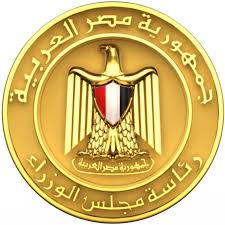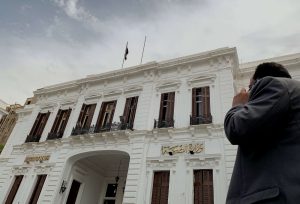The long-awaited executive regulations (the “Executive Regulations”) have been issued following almost two years since the issuance of the law regulating the activities of non-governmental organizations (“NGOs”) by virtue of Law No. 149 for 2019 (the “NGO Law”), in order to shed some light on the ambiguity that has been surrounding the activities of NGOs in recent years.
The Executive Regulations issued by virtue of Prime Ministerial Decree No. 104 for 2021 were published in the Official Gazette on 11 January 2021 and came into force on 12 January 2021. Their detailed provisions regulate the activities of NGOs, entities that engage in civil society activities, and introduce new provisions regarding engaging in civil society activities on a temporary basis.
The highlights of the Executive Regulations include:
Rectification of the position of existing NGOs
The Executive Regulations grant a one-year grace period from their enactment (i.e. by 11 January 2022) for existing NGOs to comply with their provisions. This compliance includes amending their articles of association to follow the model issued by the Ministry of Social Solidarity (the “MoSS”) and notifying the MoSS of the same, as per the procedures outlined in the Executive Regulations.
Foreign NGOs active in Egypt must submit a notification to the MoSS with several supporting documents, including those containing information on the parent organization, the activities undertaken in Egypt and a statement proving the legal status of their foreign workers residing in Egypt.
Entities engaged in civil society activities which have not taken the form of an association or a foundation must establish a legal NGO within the meaning of the NGO Law; otherwise, they are at risk of the MoSS revoking their business license if they are not licensed to undertake civil society activities by the MoSS.
NGO Establishment and Activities
Under the NGO Law, an NGO may be established by mere notification to the MoSS. The Executive Regulations require NGOs to prove the legal residency of foreigners working in those NGOs. In addition, foreign membership in NGO boards of directors and general assemblies is capped at 25%.
The Executive Regulations further require NGOs to maintain offices with certain specifications: an NGO’s office may, for example, be shared with other associations provided it has a separate entrance.
The Executive Regulations govern the data and documents to be disclosed by an NGO to the MoSS to maintain its registration, including a record of its employees, volunteers and the beneficiaries of its activities.
NGOs are free to undertake their statutory activities provided that (i) said activities are in line with the state’s development plans; (ii) no announcements are made for any activities which require special approval prior to undertaking the same; and (iii) licenses are obtained prior to undertaking any activities in border areas.
NGOs may also cooperate with other bodies. However, Egyptian NGOs must notify the MoSS of such cooperation if it is with an Egyptian entity, and must obtain the Minister’s prior approval before engaging in cooperation with a foreign entity.
Undertaking Temporary Activities
The Executive Regulations introduced a new framework for undertaking civil society activities on a temporary basis without having to establish an NGO for this purpose. A group of people may form and implement a temporary initiative.
The Executive Regulations outline in detail the process of implementing said initiatives and the procedures required to obtain a license, open a bank account and receive donations.
Financial Monitoring and Fundraising
NGOs may receive funding from Egyptians without obtaining the prior approval of the MoSS, with certain limitations and restrictions. For example, cash donations are capped at EGP 500, and donations exceeding this cap must be made through a bank wire transfer.
NGOs must notify the MoSS of any foreign funding within 30 days of its receipt, which may only be released with the approval of the MoSS, after providing the required documentation and information.
The Executive Regulations further allow NGOs, subject to the MoSS’ approval, to invest their funds in line with their activities, to increase their revenues and resources.
Market Reaction
The Minister of Social Solidary stated that “the long-awaited Executive Regulations reflect the justice of the benefits and privileges provided thereunder”.
In addition, Counselor Nader Saad, the Official Cabinet Spokesman, commented “the Law and its Executive Regulations represent a significant upgrade in the history of civil society work in Egypt as it reflects the state’s belief in the vital role of civil society organizations in achieving development across all sectors”.



